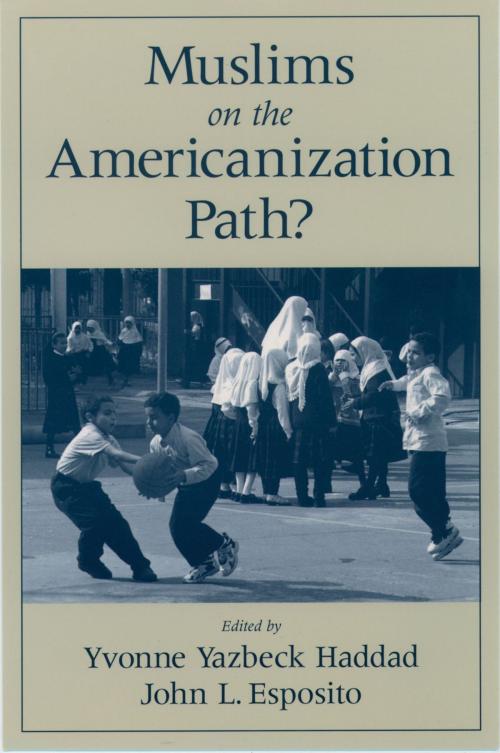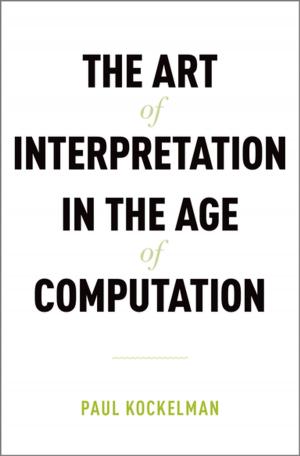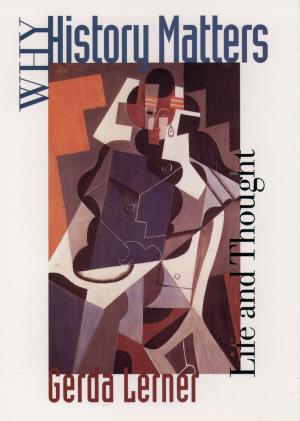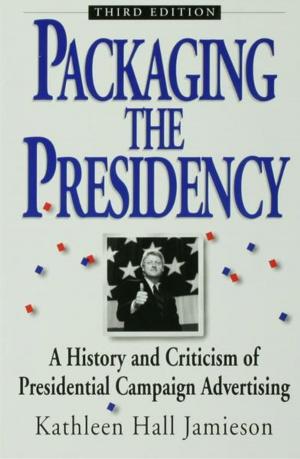Muslims on the Americanization Path?
Nonfiction, Religion & Spirituality, Middle East Religions, Islam| Author: | ISBN: | 9780190285593 | |
| Publisher: | Oxford University Press | Publication: | May 11, 2000 |
| Imprint: | Oxford University Press | Language: | English |
| Author: | |
| ISBN: | 9780190285593 |
| Publisher: | Oxford University Press |
| Publication: | May 11, 2000 |
| Imprint: | Oxford University Press |
| Language: | English |
Islam is the fastest growing religion in the United States. There are more Muslims in America than in Kuwait, Qatar, and Libya together. Leaving aside immigration and conversion, birthrate alone ensures that in the first part of the twenty-first century Islam will replace Judaism as the nation's second largest religion. Like all religious minorities in America, Muslims must confront a host of difficult questions concerning faith and national identity. Can they become part of a pluralistic American society without sacrificing their identity? Can Muslims be Muslims in a state that is not governed by Islamic law? Will the American legal system protect Muslim religious and cultural differences? Is there a contradiction between demanding equal rights and insisting on maintaining a distinctively separate identity? Will the secular and/or Judeo-Christian values of American society inhibit the Muslim practice of religious faith? While the Muslims of America are indeed on the path to Americanization, what that means and what that will yield remains uncertain. In this thoughtful and wide-ranging volume, fourteen distinguished scholars take an in-depth look at these issues and examine the varied responses and opinions of the Muslim community.
Islam is the fastest growing religion in the United States. There are more Muslims in America than in Kuwait, Qatar, and Libya together. Leaving aside immigration and conversion, birthrate alone ensures that in the first part of the twenty-first century Islam will replace Judaism as the nation's second largest religion. Like all religious minorities in America, Muslims must confront a host of difficult questions concerning faith and national identity. Can they become part of a pluralistic American society without sacrificing their identity? Can Muslims be Muslims in a state that is not governed by Islamic law? Will the American legal system protect Muslim religious and cultural differences? Is there a contradiction between demanding equal rights and insisting on maintaining a distinctively separate identity? Will the secular and/or Judeo-Christian values of American society inhibit the Muslim practice of religious faith? While the Muslims of America are indeed on the path to Americanization, what that means and what that will yield remains uncertain. In this thoughtful and wide-ranging volume, fourteen distinguished scholars take an in-depth look at these issues and examine the varied responses and opinions of the Muslim community.















